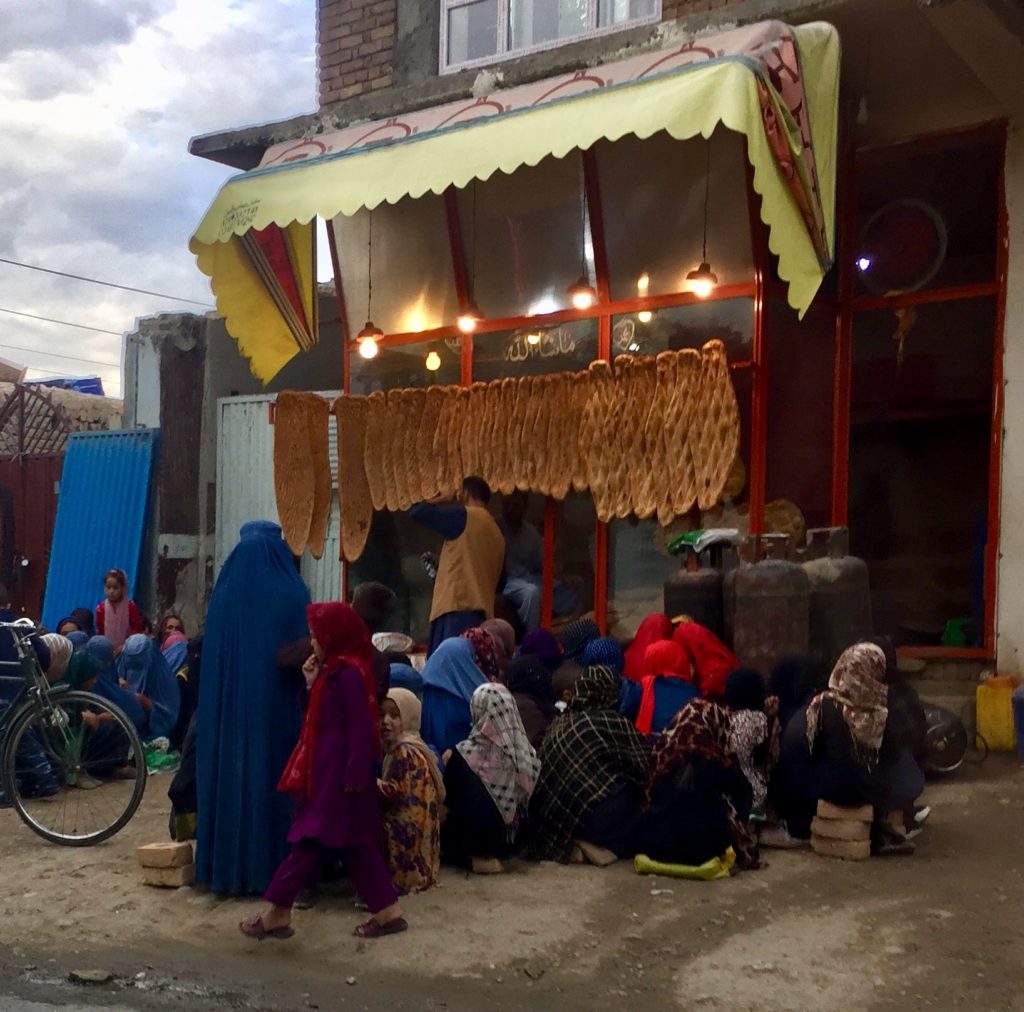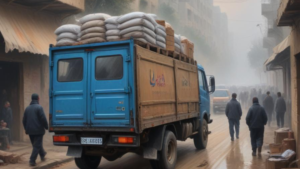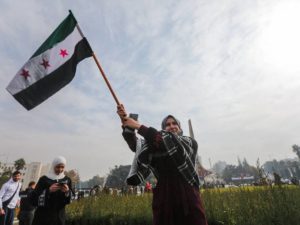The US government announced on 14 September 2022 that it was transferring US$3.5 billion of frozen Afghan sovereign reserves to a new Fund established in Switzerland “to benefit the people of Afghanistan”. This amount is half of the US$7 billion seized by President Biden’s Executive Order in February 2022. The other half remains in the US Reserve Bank as potential compensation for the families of victims of 9/11. The US has not put forward funds from its own resources to address this litigation exercise. As of now, some US$2 billion of frozen funds held in European banks are not affected by the US decision. It is understood that once the US$ 3.5 billion are lodged in the Bank of International Settlements (BIS) in Basel, they will be beyond the reach of 9/11 victims or other claimants.
Official statements by the US and Swiss governments on the launch of the Fund claim that the resources are intended to stabilize the Afghan economy. This may appear to be a positive step as it enables, in principle, a return to a functioning economy and banking system. It would allow some succour to Afghans adversely affected by the collapsed economy, and resulting growing poverty and hunger, as well as added hardship with the arrival of winter.
Many questions remain:
1. The governance and future modus operandi of the Fund are, at this point, unclear. The use of the funds lodged in Switzerland will be decided by a four-person Board of Trustees operating in a pro-bono capacity. The Board is composed of two highly qualified Afghan economic and banking experts and Ambassadors representing both the Swiss and US governments. Decision-making will be by consensus which may well entail protracted discussions thereby delaying urgent action to recapitalize the DAB. At the time of writing, it is unclear how the Taliban authorities will relate to the Fund. For now, the Taliban have denounced the Fund. Lack of agreement between the Taliban and the Swiss Fund would likely impinge on its effectiveness.
2. No information has yet been announced on when, how and what the Fund will do. Given reported conflicting views on the nature and scope of the Fund, nothing is likely to happen soon while time is of the essence with harsh winter weather on the horizon. The US and Swiss governments note in their statements that actions by the Fund may include servicing international debt contracted by the previous regime and payment of electricity bills to neighbouring countries. This would be at odds with the purpose of the DAB and effectively inhibits the central bank from delivering on its vital responsibilities: maintaining the stability of the local currency, the afghani –and by extension curbing the cost of staples such as food and fuel for cooking – fostering a sound financial system conducive to macroeconomic stability and international trade as well as ensuring liquidity. The latter is particularly acute as available afghani bank notes are in a deplorable condition with many literally falling apart.
3. The US acknowledges that the economic situation in Afghanistan continues to deteriorate and that millions are impoverished and hungry. By not mentioning the negative impact of the restrictions it imposes on the DAB, the US attributes the cratered economy to “the Taliban’s poor economic management”. It sets out various conditions for working with the DAB. These include that the DAB is not beholden to Taliban political agendas, has sufficient anti-money laundering and countering financial terrorism capabilities as well as independent monitoring. The effective functioning of the DAB did not pose questions before August 2021 when the Taliban returned to Kabul but the mass evacuation that followed, and the brain drain since then, highlight the need for further capacity-building.
4. The legality of appropriating and using the sovereign funds of Afghanistan is likely to be challenged in court in the US. If it is deemed illegal, that may put the Geneva-based Fund in jeopardy. It should be underlined that the seized assets do not belong to the current regime or, indeed, the previous one. They belong to the Afghan people. “Data shows that the lion’s share (90 percent) of DAB’s reserves back cash and deposits” of Afghan depositors, both individuals and businesses.
UAI’s position:
UAI and other civil society groups have been campaigning since February for the full, immediate, and internationally monitored release of the Afghan reserves to the DAB. UAI is concerned that while the US$3.5 billion moved to Switzerland may be safeguarded from litigation in the US, the fundamentals have not changed: the Afghan economy and banking system remains paralyzed – at enormous human cost to regular Afghan citizens – because of political decisions taken by the US and its allies. Afghans are subjected to collective punishment because of the Taliban return to Kabul upon the departure of US and allied forces. The situation of the vast majority of Afghans continues to deteriorate. The economy is in tatters.
UAI believes that the full US$9bn – the property of the Afghan people – must be used to revitalize the Afghan economy and banking system. Humanitarian aid – vastly insufficient – that is being provided to Afghanistan is no substitute for a functioning economy. Humanitarian agencies also need a functioning banking system to undertake their work effectively.
The deliberate deprivation and immiseration of millions of Afghans is an assault on their fundamental human rights. The combined effects of the imposition of unilateral coercive measures, that have crashed the economy, in tandem with the restrictions imposed by the Taliban regime, that further marginalize those who were already struggling to survive, have eroded the ability of millions to enjoy the basics such as the right to food, safe drinking water, health, education, an adequate standard of living and freedom from gender and other forms of discrimination.
In April 2022, 14 UN Special Rapporteurs noted in a communication to Washington that the “Da Afghanistan Bank is not an entity designated by the UN Security Council”; they called on the US government to unblock the frozen assets. They also underlined that “the right to life is linked to the positive obligation to ensure access to the basic conditions necessary to sustain life.”
UAI therefore calls for:
– The full, immediate, and internationally monitored release of the US$9 billion Afghan reserves, whether held by the US, the Swiss-based Afghan Fund or in European banks, to the DAB.
– Maximum transparency in the objectives and modus operandi of the Swiss-based Fund so that it functions as a channel for recapitalizing the DAB. The transferred resources should not be used for purposes that are not in conformity with those of the DAB.
– Immediate steps must be taken to resolve the problem of disintegrating afghani banknotes. The Swiss-based Fund should facilitate the transportation of the afghani banknotes printed (2021) in Poland and pay for any outstanding invoices related to DAB expenses in this regard.
Economic warfare against the people of Afghanistan must stop. Practical and pragmatic solutions exist for the gradual, internationally monitored release to the central bank of Afghanistan of the US$9 billion of Afghan reserves seized by the US and its allies. Humanitarian action is never a substitute for a functioning economy. Donor governments and humanitarian actors need to push for the release of Afghanistan’s frozen reserves and for a revived banking system.
For more information on UAI’s Frozen Funds Campaign see

Photo: Women waiting for bread distribution in Kart-e-Parwan, Kabul – August 2022.
Credit © Sonia Cautain











